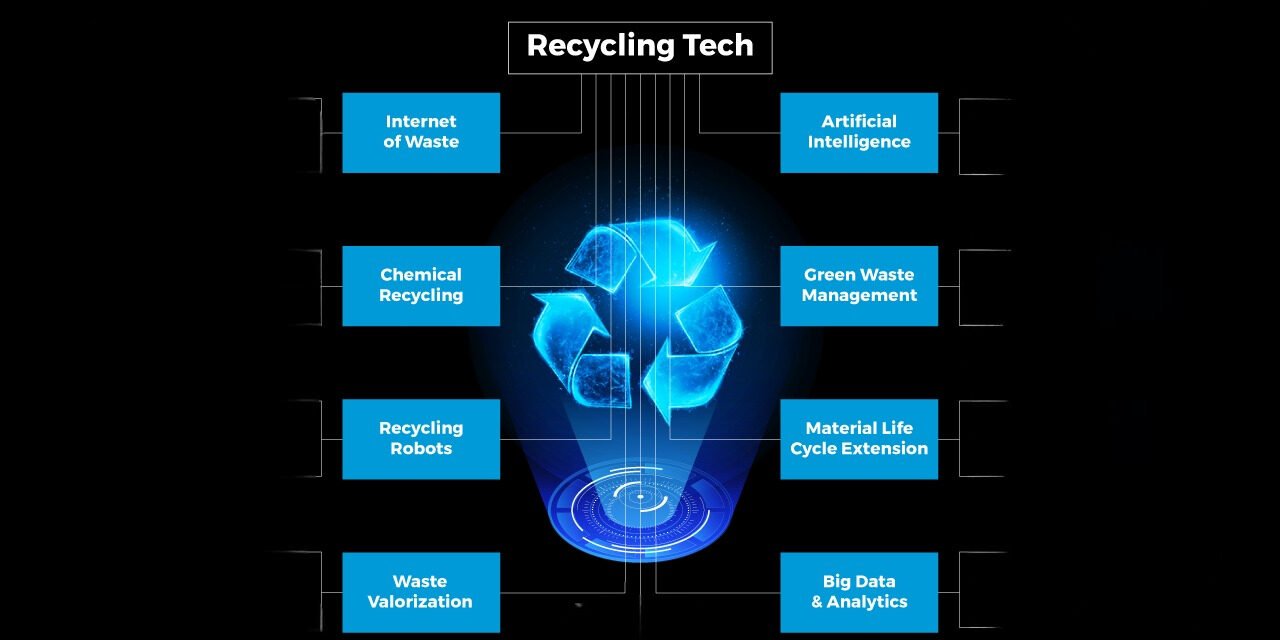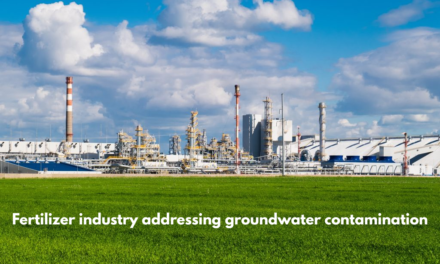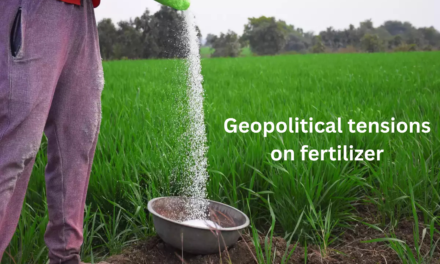Advancements in recycling technologies for plastics are transforming the way plastic waste is managed, making processes more efficient, scalable, and environmentally friendly. Here are the key innovations:
1. Advanced Mechanical Recycling
- Improved Sorting Technologies: AI-powered robots and optical sensors can sort plastics by type, color, and grade with high precision.
- Pre-Treatment Innovations: Advanced washing and cleaning methods remove contaminants more effectively, improving the quality of recycled materials.
2. Chemical Recycling
- Pyrolysis: Converts mixed plastic waste into synthetic crude oil, which can be refined into new plastics or fuels.
- Depolymerization: Breaks down polymers into their monomers for re-polymerization into virgin-quality plastic.
- Solvolysis: Uses solvents to extract and purify specific polymers, such as PET, from mixed waste streams.
3. Enzymatic Recycling
- Enzyme-Based Processes: Special enzymes break down plastics like PET into their building blocks at lower temperatures, reducing energy consumption.
- Scalability: Efforts are underway to scale enzymatic recycling for industrial applications.
4. Blockchain for Traceability
- Supply Chain Transparency: Blockchain technology is being used to track plastic waste from collection to recycling, ensuring accountability and quality control.
5. Advanced Thermal Recycling
- Plasma Pyrolysis: High-energy plasma arcs break down plastics into syngas or other useful materials, minimizing emissions.
- Microwave-Assisted Recycling: Uses microwave energy for more efficient breakdown of plastic waste.
6. AI and Machine Learning Integration
- Process Optimization: AI models are used to optimize recycling operations, predicting contamination levels and improving yield.
- Material Identification: AI-powered imaging systems enhance the accuracy of plastic identification and separation.
7. Biodegradable and Compostable Plastics
- Development of biodegradable alternatives that can be recycled in industrial composting facilities, reducing reliance on traditional recycling.
8. Decentralized Recycling Systems
- Small-Scale Solutions: Portable and modular recycling units enable local recycling, reducing transportation costs and emissions.
9. Hybrid Recycling Approaches
- Combining mechanical and chemical recycling methods to handle mixed waste streams efficiently, maximizing resource recovery.
10. Circular Economy Initiatives
- Closed-Loop Systems: Industries are creating closed-loop supply chains where plastics are continuously recycled back into new products without quality loss.










